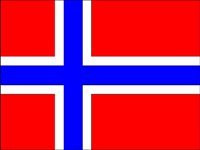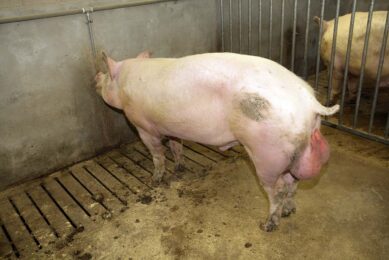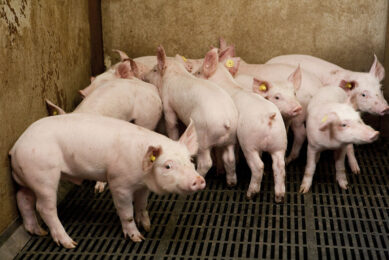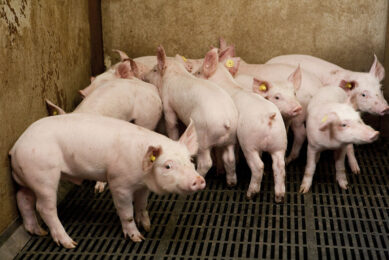Norwegian road long to castration-free pig processing

On January 1, 2009 the castration of piglets should be banned in Norway, but the road ahead is long, according to an article in the Dutch newspaper Agrarisch Dagblad today.
The decision was taken originally in 2002 that 2009 would be the final date for the end of castration.
The first steps to be taken would involve mandatory anaesthetics for piglets to be carried out by a vet, which was met in the beginning with some scepticism. This has since died down.
Quality loss
Questions arose at the beginning of this year, most notably from agriculture minister, Terje Riis-Johansen as to whether this goal was achievable. The issue of quality loss from non-castrated pigs was also brought to light leading to an extension of the ban date for an undefined period.
Assistance from abroad has been called in. The necessity for an anaesthetic remains, which is costing the average farmer around €1,250 to €1,900 per year on vet expenses, according to Norsvin, an organisation offering business advice.
In addition, it is doubtful whether the Norwegian consumer will choose the stronger smelling pork from an uncastrated pig. To sort out the male pigs with stronger smells would cost pig processors around €25,000 yearly.
Optimism
The Norwegians are optimistic that the problem can be solved. Norsvin is involved in two projects in livestock farming. Results so far have revealed that some breeds of pigs produce more skatol and androsterone, which cause the high-smelling pork, than others.
Duroc pigs, for example, have three times more androsterone but half the skatol of other breeds of pigs.
Norsvin is also focussing on feed, which it believes could be part of the solution.
Or maybe the solution lies with the consumers? How tolerant to smell are they? The Norwegians are trying to find out.
Related website:
• Norsvin (in Norwegian)











